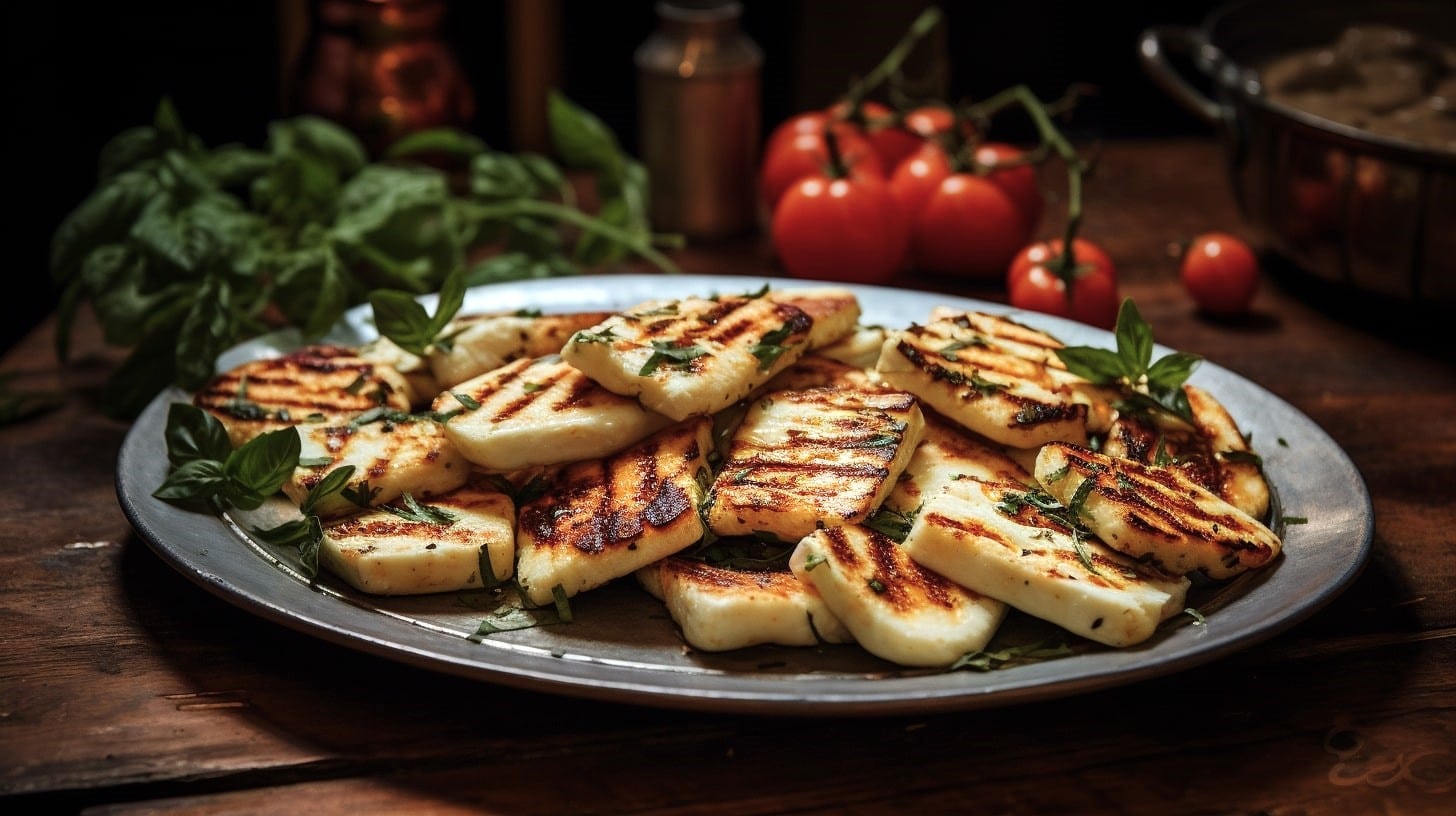A top court in the European Union on Wednesday rejected an attempt to drop the protected status of halloumi, staving off a challenge on the prized cheese that is one of Cyprus’ top exports.
Halloumi has a Protected Designation of Origin (PDO) status, meaning that only approved producers from Cyprus can market the cheese under that name. But official product specifications has triggered a backlash from the Cypriot dairy industry.
Authorities say the cheese should be manufactured with a blend of cow, ewe and goat milk, gradually displacing cow’s milk which had in recent years been the dominant ingredient.
In a judgement posted on its website, the General Court of the EU dismissed a petition to strip halloumi of its PDO, petitioned by Cyprus cattle breeders and their affiliated dairy company.
The petition had argued that Cyprus submitted erroneous specifications on halloumi ingredients in applying for a PDO in 2014.
The agriculture ministry said it “welcomes” the decision, saying it is now looking ahead to the publication of new European regulations on PDOs which is expected “next March”.
These regulations, they said, “provide for the possibility of extending the transitional period by five years for the implementation of the product specifications.”
They added that a meeting between President Nikos Christodoulides and the relevant stakeholders will be announced in due course.
Additionally, they said they are continuing “the hard work” to “protect and promote PDO halloumi”, and that they are “intensifying certification checks on the authenticity of the produced PDO halloumi, as defined by the specifications approved by the EU.”
Known for its versatility, the soft rubbery dairy product can be eaten raw, grilled, boiled or fried without losing its shape. It is the island’s largest export after pharmaceuticals.
Halloumi won a PDO from the EU in 2021. Under product specifications, Cyprus intends to gradually increase the amount of ewe and goat’s milk in the mix to equal that of cow’s milk.
This move has sparked fierce debate from industry stakeholders who say ewe and goat’s milk is highly seasonal, and could therefore have an impact on production capacity.
“We don’t want our exports to fall, its one of our top exports but this (specifications) will cause problems in production,” said Nicos Papakypriakou, general manager of the Cyprus Cattlebreeders Association.
At present 10 per cent ewe and goat milk goes into the mix. When authorities decreed a rise to 19 per cent last October, cheesemakers threatened to shut their dairies as there was not enough milk available to sustain unhindered production of all dairy products.







Click here to change your cookie preferences